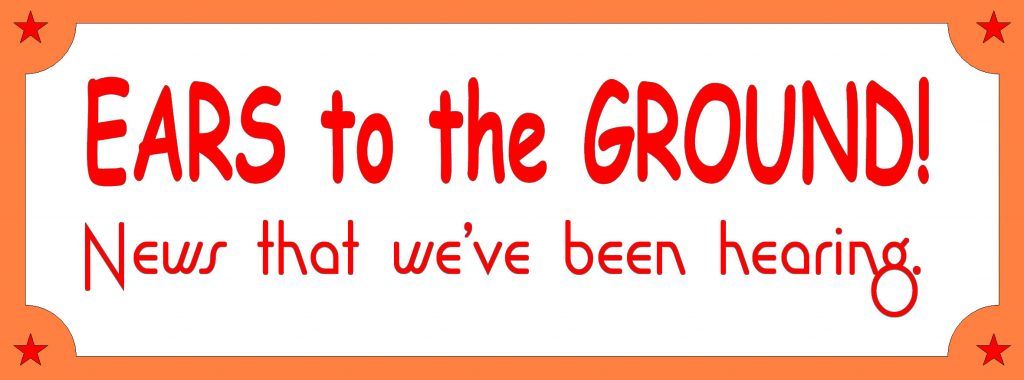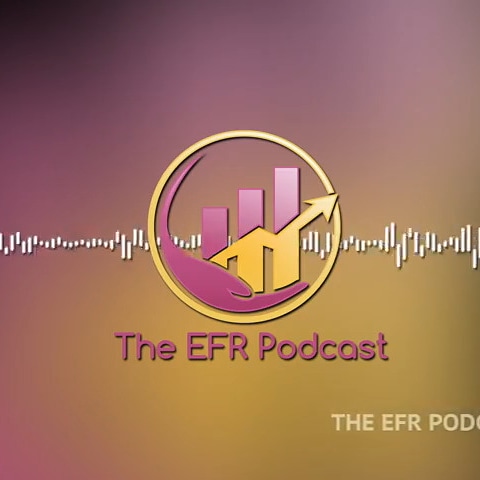
1) The U.S. consumer prices has declined for the second straight month as the shutdown continues with people spending less. Prices have fallen 0.8% on a seasonally adjusted basis in April, which makes it the largest drop since December 2008. The prices are being forced down by the falling cost of gasoline and energy prices. While falling prices might at first seem like a good thing, economist say that deflation, the opposite of inflation, would be very bad news. This starts a chain reaction spurred by people not buying things, which means manufactures and producers often can’t charge enough to make the product they are trying to sell, so then they stop making products and layoff people. But food prices are climbing, with the biggest increase since February 1976 by 2.6%. The Federal Reserve tries to keep inflation at around 2%, which is considered ideal, but core inflation is likely to be below 1% for the coming year. Normally, it’s expected that a large release of money into the economy, such as the recent stimulus program, would cause inflation to increase.
2) Tim Hortons of Restaurant Brands International, says the food service industry needs to change for the near future, and possibly forever. The company is increasing its digital ordering capabilities by adding to restaurants smartphone apps with enhancements to its drive-thrus and curb service. Restaurant brands using delivery services such as pizza have seen an increase in revenues during the shutdown. The delivery service industries such as GrubHub were growing before the virus crisis, but have been given a real boost which will most likely be sustained when restrictions are lifted. Some restaurant chains are even experimenting with ‘kitchen only’ restaurants with multiple brands under the same roof providing delivery only. This could be an answer to the ‘living wage’ problem with restaurant systems using less labor thereby making a greater surplus of labor which keeps wages low.
3) The economic damage to the economy may not be over with yet, indeed there are fears that the economic crisis could still get worst. The provisions from Congress has done a fair job of sheltering the most vulnerable citizens, whose provisions will run out at the end of July. It’s unlikely that the labor market will be restored by July, so if the Congress doesn’t act, the economy could slide downward even more.
4) Stock market closings for – 12 MAY 20:
Dow 23,764.78 down 457.21
Nasdaq 9,002.55 down 189.79
S&P 500 2,870.12 down 60.20
10 Year Yield: down at 0.68%
Oil: up at $25.83
